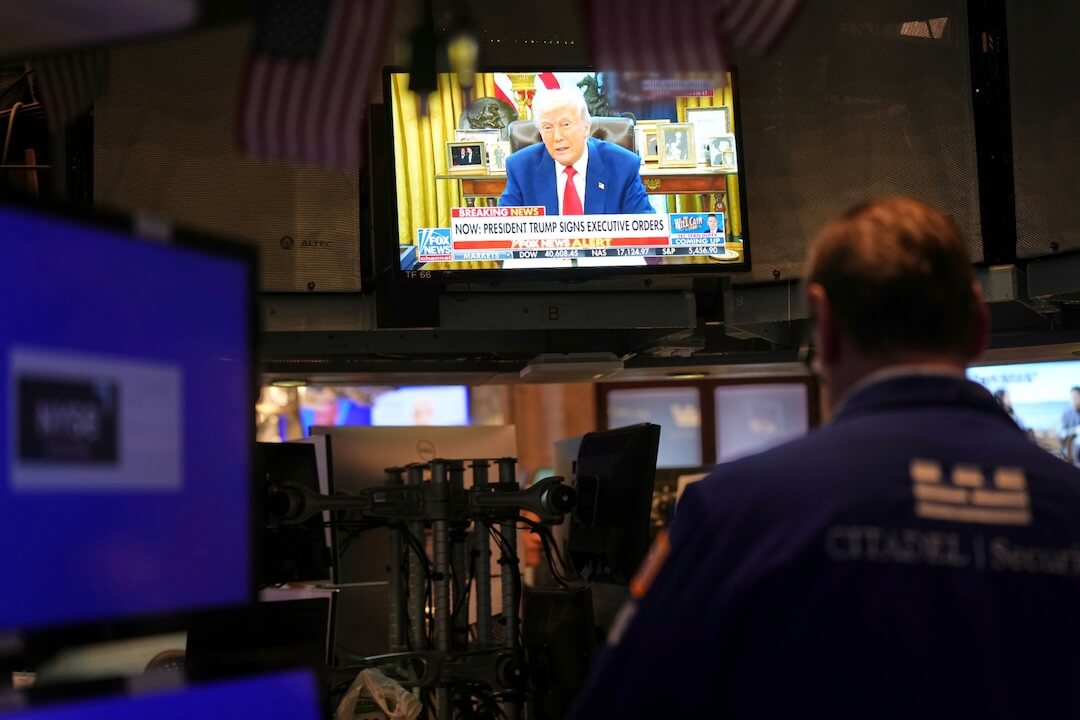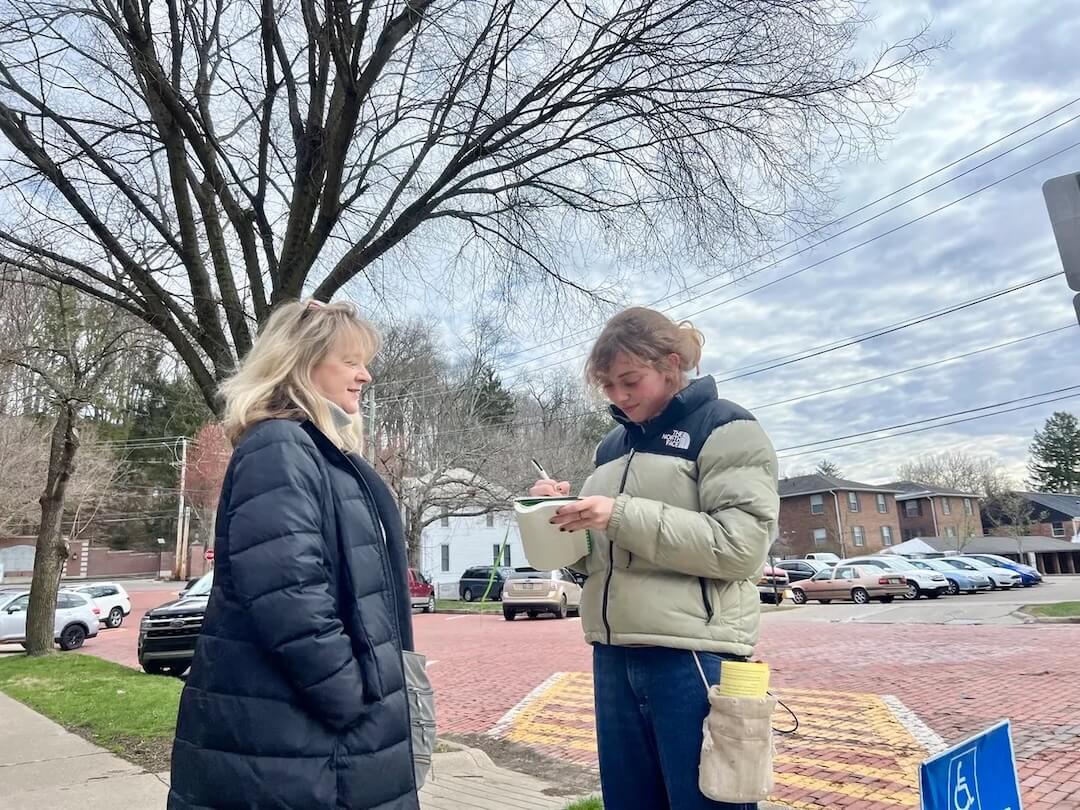Hillary Clinton held a mini-press conference of sorts with reporters Friday — and lived to tell the tale.
She spoke to the joint convention of the National Association of Black Journalists/National Association of Hispanic Journalists in Washington, D.C. and briefly dealt with what’s been her frustrating (for reporters) reluctance to hold a press conference.
She was more predictable and scripted than revealing and forthcoming as she answered a series of questions from NBC’s Kristen Welker and Telemundo’s Lori Montenegro, who then opened the proceeding up to questions from the audience.
Some drew very generic responses from a political pro, while others were a bit more ticklish but navigated without much apparent damage by her. But there was one surprisingly, and needlessly, awkward moment.
The two most notable questions perhaps came from Ed O’Keefe of The Washington Post and Kevin Merida, a former top Post editor who now oversees ESPN’s daily dissection of sports, race and culture, the Undefeated.
O’Keefe spoke to press chagrin with how a famously press-wary figure deals with the press following her on the campaign. Damning with a certain faint praise, he said, “We encourage you to do this more often with reporters across the country, especially those news organizations that travel the country with you whereever you go.”
He didn’t get any response to that comment. He did get a very Clinton-esque response when he got to his main query: How would she lead a nation where a majority of people mistrust her, according to survey?
Her answer: She’s been in the public arena long time, it’s in the opposition’s self-interest to stir the pot against her and, regardless, she will work to earn the trust of all Americans once elected.
Merida asked a somewhat shop-worn question, namely what’s the most telling conversation she’s ever had with an African-American friend? That provided an awkward minute or two.
It should have been an easy one. But Clinton wouldn’t address it directly. Instead, she offered a version of a some-of-my-best-friends-are-black response that might be associated with the men’s grill at an elite country club and possibly been off-putting to some of the assembled.
She listed Black friends and two former chiefs of staff, Margaret Williams and Cheryl Mills, who are Black. She said that Black friends and co-workers have supported her, sometimes chastised her and even broadened her musical tastes. She mentioned two Black friends in the audience, including Donna Brazile, the new (if temporary) chief of the Democratic National Committee who’s been a longtime TV pundit. But she wouldn’t really respond to Merida.
No, “I can’t really pick one conversation out of 50 years of conversations.” Further, “I will respect the cone of friendship silence.”
Predictably, she was asked about the chagrin of many Latinos over the pace of immigration reform, as well as the Obama administration’s arguably tough-minded tack on deportation.
In both cases, she made clear reform is a big priority if she were to be elected, while intimating a possibly gentler approach to deportation.
A response was foreseeable, too, when it comes to the thorny congressional politics of immigration reform. Even if the Democratic Party recaptures a U.S. Senate majority, there will more than likely be a Republican-controlled House of Representatives. The GOP-led House stymied President Obama on the subject and very likely would do the same thing if she were in the White House.
Montenegro concluded the session by asking a question both relevant to the assembled but also allowing a very expected, non-controversial response: Did she really take Latinos seriously or simply see them as reflexive Democratic supporters she didn’t have to spend much time on?
Yes, she said at length, she takes them very seriously. She was even having a gathering with Latinos business types at her home Friday night.
Politically, there will surely be a view inside the Clinton campaign that Donald Trump’s unceasing mistakes justify her erring to the side of caution and not opening herself up to journalist questions.
And now that she’s ahead in national polls, her preternatural reluctance to engage the media may only be accentuated. Friday’s performance might well provide a rationale for both her critics and defenders as to the upside, and downside, of changing her strategy with the press.






